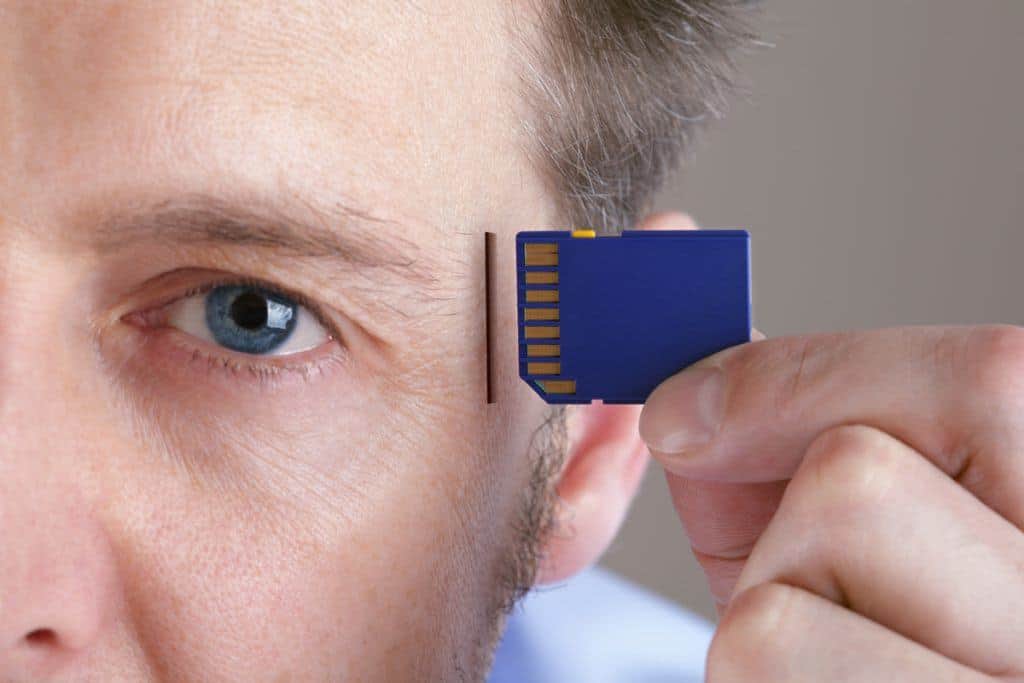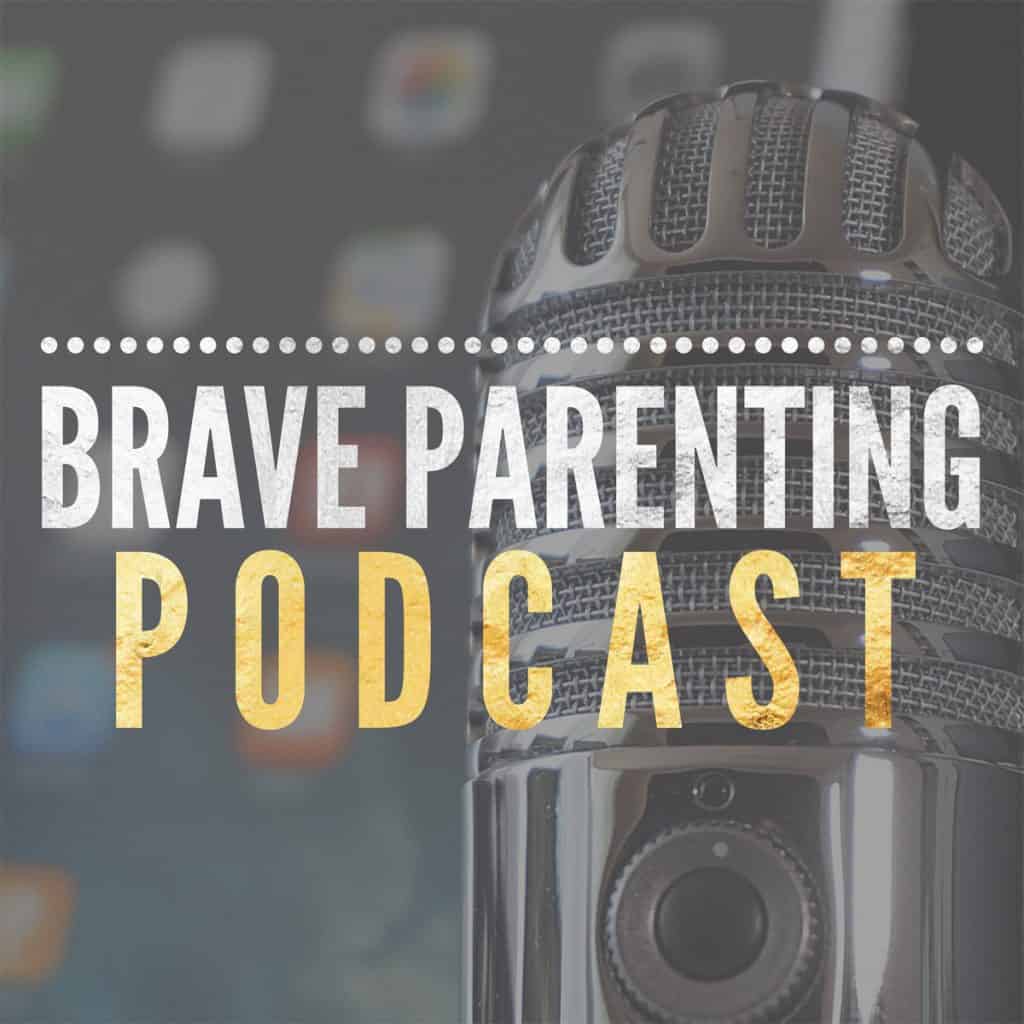Have you been at an event and witnessed someone experiencing life and capturing the moment solely through their phone?
The evolution from film to digital has changed our lifestyle and most importantly our memories. We photographically document our lives extensively and excessively. From “why is my toddler crying” (*snap*) to “this awesome meal we’re about to eat” (*snap*) to “I look awesome today” (*snap*) and everything else in between (*snap*snap*snap*). We have transformed our daily experiences from intentional to passive. We must ask, Is it true – can there be “too much of good thing?”
Linda Henkel, a psychologist at Fairfield University in Connecticut, coined the phrase “photo-taking impairment effect”. In her research, she sent two groups of students into the university’s art museum. One group had to remember objects by just observing them, another group was allowed to take pictures of the objects. The group that took pictures of the objects had a much harder time recalling details of the objects they photographed. Shockingly, they even forgot some of the objects they photographed.
Her hypothesis: Too many pictures will impair your memory of that captured event.
THIS is Digital Amnesia.
Digital Amnesia, also known as the Google Effect, is not committing to memory what our phones/computers can remember for us. The phones/computers themselves become an extension of our brain, or better stated, an external hard drive for memories and information.
Five signs of Digital Amnesia
- Everything you need to remember is stored on your phone.
- You are too overwhelmed with passwords, email addresses, and numbers to keep track of.
- Anxiety overtakes you when imagining losing the information in your phone.
- You cannot remember an event without viewing the pictures or videos.
- Instead of trying to recollect information you automatically turn to the internet to find what you’re looking for.
It’s easily assumed our digital amnesia relates only to phone numbers. With the abundant amount of contacts stored in our phone, it would be crazy to memorize them all. This is why we used the Rolodex and phone books in our not so distant past. What is actually happening is, in our complacent dependency on digital technology, we are even more lax in what we work to remember. Adults today probably still have their childhood phone number and address memorized because they were forced to memorize it. However, it is highly probably they cannot tell you their children’s phone numbers.
In a study with 1000 Americans
70% have their spouse’s number memorized
35% have their children’s number memorized
45% have their office number memorized
Sadly, this survey indicates adults are equally guilty of digital amnesia, not committing their own children’s phone number to memory.
Digital Amnesia is so much more than phone numbers though. It is about how technology is changing our brains. It is about how we are allowing technology to change us.
Your Recollection & Relationships
In a Kaspersky Lab survey 45% of those surveyed would rather go online to find information than recall it ourselves. What this survey didn’t measure was the willingness to use another person, or transactive memory, to find the sought after information. Before internet and phones we used each other – our relationships – as external hard drives for our brains.
In 1985 Daniel Wegner proposed the transactive memory theory. It’s a system that occurs in a close group of people (couples and close friends) who encode, store, and retrieve knowledge from each other. It is a group memory system that relies on individuals around us. More importantly, it can only be developed through interactions.
For example, I love soccer. My house shuts down during the World Cup. We become fanatics. My kitchen closes because I can’t cook and shout at the T.V. simultaneously so we order in food. We might even cut USA in our grass during the World Cup just to show solidarity with our team. This completely ‘normal’ addiction is shared with my Dad. I rely on him to remember all the player statistics, trades, and World Cup history. It’s our interactions through conversations and watching games together that my Dad has become part of my transactive memory or external hard drive.
Our relationships strengthen our memories. Verbally sharing your vacation adventures with a friend is very different than sharing the pictures on social media.
Your Passivity and Pictures
Digital Amnesia is the result of a passive lifestyle. We don’t have to remember because we assume it will always be there. Remember, the art museum experiment? Some of the students who photographed objects forgot which ones they photographed because of digital dependency.
It’s become a trend to snap a photo of what is happening right in front of us, but the passivity of snapping that picture will inevitably lead to not even remembering what happened! We amass pictures like we amass emails. Some emails are more important than others, but unless we open them, engage with their context, and reply, they are forgotten.
Our memories are strengthened through recollection. It’s the reason you know at least two phone numbers from 20+ years ago. And the reason you can see a picture from your childhood and recall the smells of that place, the sounds you heard, the feel of the weather, and the emotions you experienced. Not only because you lived it, but because you shared the stories with your family over and over, committing your shared experience to memory. This is active memory making.
We have to ask ourselves if we are denying ourselves the chance to have memories in order to have pictures instead?
Kids and Cameras
Generation Z (or iGen) is living a much different experience than we did. They are the pictures of “why my toddler is crying” and all they know is a photographically documented life. Those who are parents today experienced pictures as a rarity in their childhood. Maybe it was a holiday or special occasion but never everyday. Further, there we no instant edits, filters, lens options, re-dos, and with every picture came prayers for no red-eyes. Generation Z, on the other hand, wakes up and goes to bed taking pictures .
If your child currently has unrestricted access to their camera phone, consider the question: are they actively remembering their childhood? If their young brain is adapting to a digital device as an external hard drive, what does their future of digital dependency look like?
The unsettling answer is: we don’t know. We don’t know what their future is going to look like, so we must ask ourselves: Is it worth it? The nostalgia of the yellow-edged photo album pages are more than just pictures. They are memories attached to pictures. Will a whole life spent in passive digital documentation hold the same blessing we get to experience as adults who didn’t spend a whole life like that?
How We Help:
Brave Parenting is letting go of our digital device for long periods of time. It is using every moment afforded to you to model the characteristics you want your child to remember about your media habits. We teach through example.
- Read more in front of them
- Use the library instead of google for research projects
- Spend hours talking and not looking at your phone
- Challenge each other who can go the longest not checking social media
- Take the weekends to digitally disconnect and create memories with each other
- Use the weekdays to recall funny incidents and memories that you want your child to remember when their adults.
Can you imagine an adult life without recollecting your childhood? This could be our children’s future.
We must work diligently to teach our children that phones and internet are tools not entitlements and requirements. It starts with us and our behavior.
When your children have grown and they look back on their precious memories they’ll see you how you actively invested in them.



